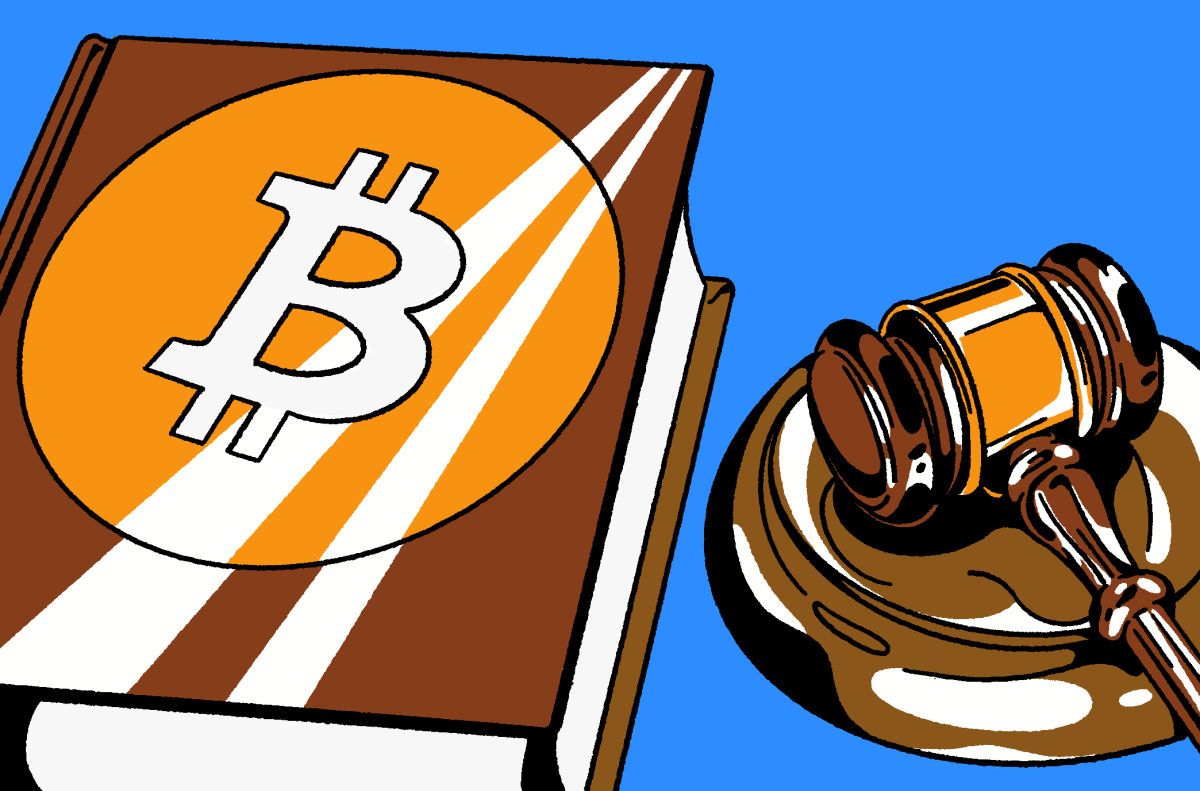Following the launch of its government-backed crypto exchange, the Southeast Asian country of Indonesia is becoming a budding crypto hub that aims to be one of the leaders in Web3 technology, according to Indonesian blockchain and metaverse executives.
At the recent Blockchain Economy Summit in Dubai, Cointelegraph spoke with Grace Sabandar, co-founder of the Indonesia Blockchain and Metaverse Center (IBMC), and Tuhu Nugraha, the principal of the Indonesia Applied Digital Economy and Regulatory Network (IADERN). The executives spoke on the state of digital assets, blockchain and metaverse adoption in Indonesia.
According to Sabandar, the country’s youth comprise a large percentage of its population of 270 million, which is a demographic that is “adaptive to new technology.” The executive also pointed out that because of this, the country has been one of the largest userbases in the world when it comes to Web2 social media applications like Facebook and Instagram.

Because of this, Sabandar told Cointelegraph that the country is ready to be one of the leaders in Web3 adoption. “We want to be the leader, not only the user of technology, because now, because of the decentralization, anybody can do something, anybody can create something,” she said.
Sabandar also highlighted that the IBMC has been working with various sectors, including the government, private sector communities, media and academia, to educate the country about Web3. She explained:
“That’s our homework, actually. To really educate people about the benefit of using blockchain, about the transparency, how smart contracts can benefit their businesses, what is decentralization, things like that.”
Meanwhile, Nugraha, who works as an adviser for the Indonesian government when it comes to its research on blockchain and metaverse technologies, said that the government’s approach to Web3 technology is very collaborative.

The executive told Cointelegraph in an interview that the Indonesian government is working with various blockchain-focused associations to learn and conduct blockchain technology experiments to understand its implications in various sectors. “They want the regulation to stimulate innovation rather than just wanting to give it like a lot of rules,” he explained.
Related: NFTs in the academy: Fighting fake credentials and unfair wages
Nugraha also revealed that the Indonesian government plans to conduct trials on applying blockchain technology in public service use cases. According to the executive, the government will test the use of blockchain-based digital certificates for land ownership and certificates of competencies for the education sector.
He believes that with blockchain’s inherent features, implementing the technology on certificates can potentially combat certificate fraud and help the government verify the authenticity of various kinds of digital certificates using on-chain data.
Magazine: China’s blockchain satellite in space, Hong Kong’s McNuggets Metaverse: Asia Express











